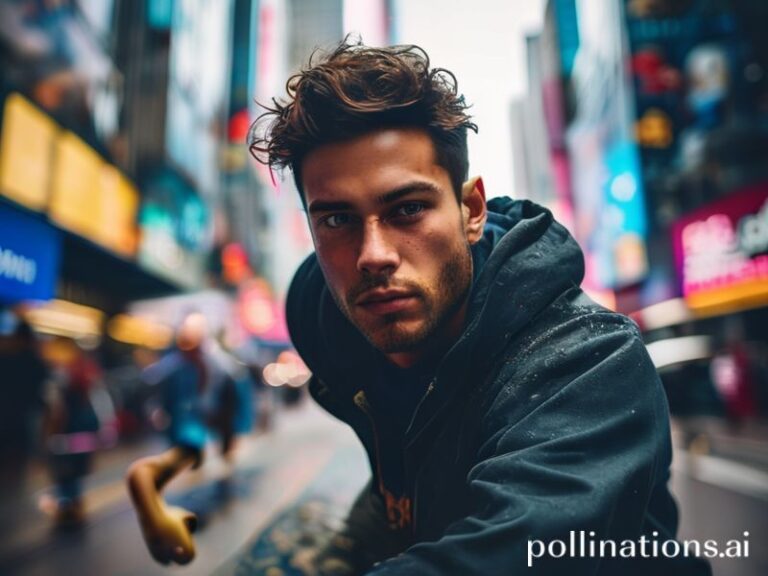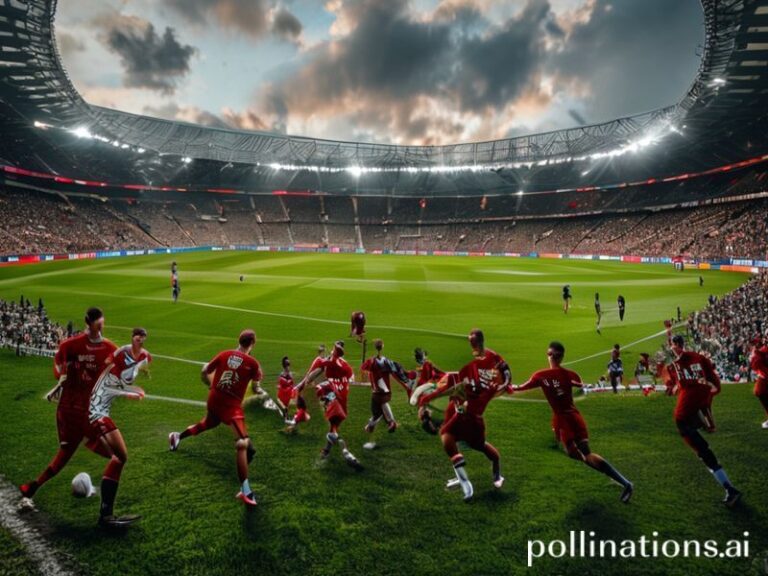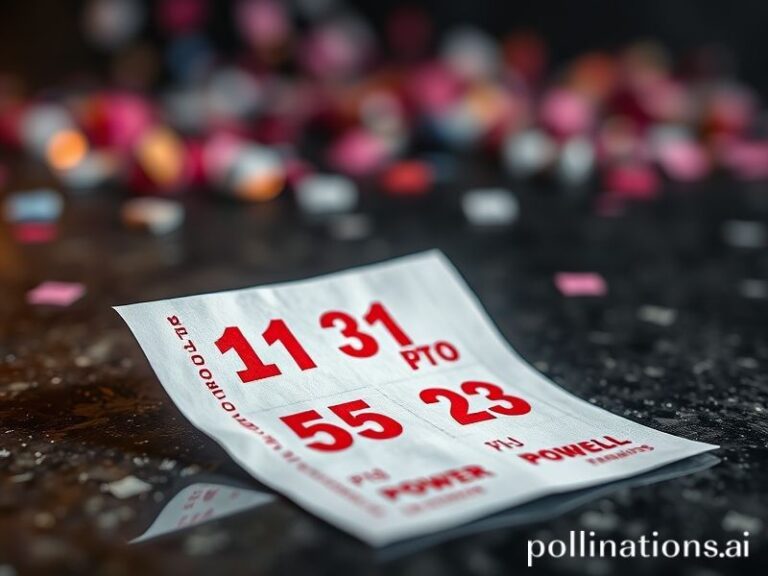Olivia Smith: How One British Woman’s Coffee Stir Became the Planet’s Collective Nervous Breakdown
Olivia Smith and the Curious Case of a Name That Became a Global Meme
LONDON—When Olivia Smith, 27, posted a 14-second clip of herself absent-mindedly stirring instant coffee with a biro on a Tuesday morning in Leeds, she was nursing a hangover and a mild sense of existential dread. Within 48 hours, the post had been viewed 42 million times, remixed by an EDM producer in Seoul, stitched by a climate activist in Nairobi, and subtitled in Cyrillic by a Telegram meme collective in Minsk. Somewhere between the third and fourth algorithmic wave, the clip acquired the caption “This is how the West ends: not with a bang, but with a lukewarm Nescafé.” A week later, the European Central Bank quietly cited “the Olivia Smith sentiment index” in a footnote about consumer confidence.
We live, apparently, in an era when a single yawn into a phone can ricochet through trading floors and diplomatic cables. All it takes is a name so generically Anglo-American that it sounds like a placeholder in a witness-protection program. Olivia Smith—no middle initial, no distinguishing birthmark—is now the patron saint of post-identity virality, the everywoman whom the planet can project its neuroses onto without the inconvenience of her actual opinion.
In São Paulo, a street artist pasted a wheat-paste mural of Olivia’s blurry face above the words “VOCÊ TAMBÉM É AQUI” (“You are here too”). In Delhi, a venture-capital bro started a podcast called “The Olivia Moment,” promising to decode the West’s spiritual exhaustion for the Global South’s edification. Meanwhile, in suburban Toronto, an AI ethics lab trained a large language model exclusively on comments under Olivia’s original video; the resulting chatbot now advises Fortune 500 CEOs on “authentic relatability.” Its first recommendation: “Monetize the void, but gently.”
International relations scholars—those hardy souls who once studied missile trajectories and grain futures—now gather in air-conditioned misery at conferences to debate the geopolitical fallout of a bored Brit stirring coffee. The consensus: Olivia Smith is soft power’s black-swan event. The United States, having weaponized pop culture since Elvis gyrated, suddenly finds itself outflanked by a nobody with split ends and a chipped mug. China’s Ministry of Culture issued a directive urging citizens to cultivate “healthy cyberself habits” lest they become the next Olivia. The directive’s English translation accidentally rendered the warning as “Don’t let yourself be Olivia’d,” which promptly trended on Weibo.
Naturally, brands arrived like vultures wearing Patagonia vests. An oat-milk startup sent Olivia a pallet of product and a legal waiver; she filmed herself pouring it down the sink while humming “God Save the King.” The clip garnered 1.2 billion views and triggered a 4 % dip in oat futures. Somewhere in Davos, a sustainability guru updated his slide deck: “Authenticity is the new scarcity—corner the market.”
Yet beneath the circus lies a darker punchline. Olivia Smith never asked to be the mirror in which the world inspects its own fatigue. She has, according to friends, taken up day-drinking and muttering “I should’ve used a spoon” like a minor Greek tragedy. Last week she tried to delete her account, only to discover that the platform requires a notarized letter and a pint of blood. The blood, rumor has it, is stored offshore for “brand continuity.”
So what does it all mean, beyond the obvious lesson that late capitalism will monetize your dullest Tuesday? Perhaps that the global village has become a cul-de-sac where everyone stares into the same kitchen window, desperate for a sign that someone else is equally lost. Olivia Smith is not a prophet; she’s the accidental high priestess of our collective shrug. And while diplomats draft memos titled “Containing the Olivia Risk,” the planet keeps spinning toward whatever comes after irony—probably a sponsored content break.
Conclusion: In the end, the world got the icon it deserved: an exhausted millennial who only wanted caffeine and ended up caffeinating the discourse itself. Drink up, humanity. The coffee’s getting cold, and there’s no spoon left—only a biro, a camera, and the faint, mocking echo of 42 million strangers laughing into the void.







